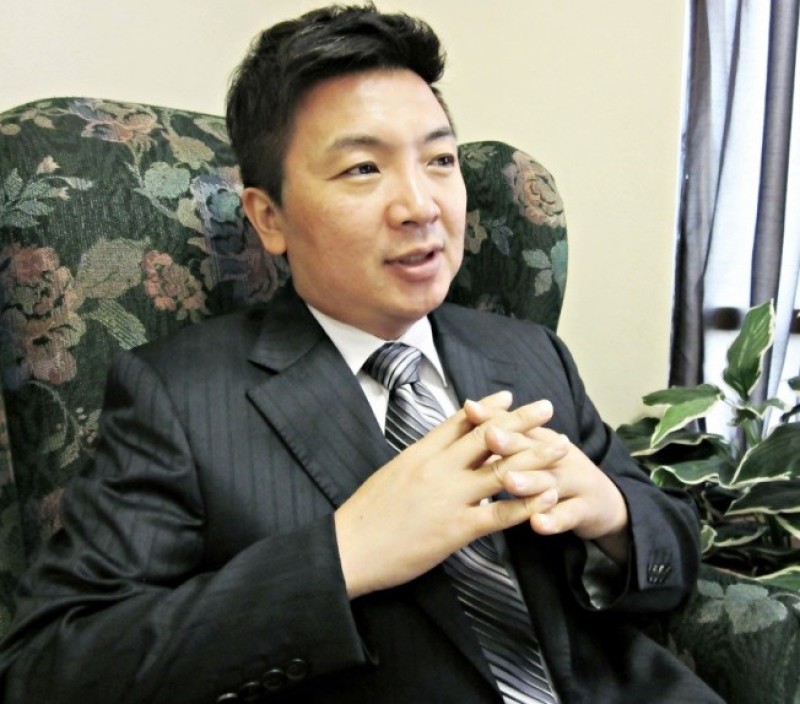
Thesis 11.
"Arrogance cannot be avoided or true hope be present unless the judgment of condemnation is feared in every work."
"This is clear from Thesis 4. For it is impossible to trust in God unless one has despaired in all creatures and knows that nothing can profit one without God. Since there is no person who has this pure hope, as we said above, and since we still place some confidence in the creature, it is clear that we must, because of impurity in all things, fear the judgment of God. Thus arrogance must be avoided, not only in the work, but in the inclination also, that is, it must displease us still to have confidence in the creature." (LW 31, 48)
As we can see in earlier thesis, the scholastic tradition in Middle Age tried to make the distinction between "dead works' and "deadly works' to avoid the argument of the good woks done by "benevolent pagans." Luther asserted that this distinction can be incomprehensible to ordinary Christians.
In this thesis, Luther once again asserts that we must sincerely admit, even to confession, that our best works are sinful. Because we pride ourselves in our works, we must fear the judgment of God in every work. With the fear of God's judgment, all human cannot avoid the arrogance.
According to Luther, pride makes all human activity sinful, especially "good works." He expressed this sharply: "No one can be certain that he is not continually committing mortal sin, because of the most secret vice of pride." (LW 32: 91).
Pride and self-satisfaction are rooted deeply in man. Luther expressed this most sharply in his lectures on Romans in 1515-1516.
"(Human nature) is concerned only with itself, seeks only its own advantage, and always ignores anything that might get in its way. It even passes over God himself as though it did not even see him and is completely self-centered. "¦ It puts itself in the place of everything else, even in the place of God himself and seeks only its own purposes and not God's. For this reason it is its own chief and most important idol." (WA 56, 356f)
Therefore, Luther said that fear of God's judgment is only way for all humans to avoid pride: "Therefore so that you will not be arrogant or proud, you have in yourself reason to fear judgment and severity and there is nothing to turn to except mercy. It is through mercy, not through your efforts, that your works are good. You will therefore judge yourselves one way in accordance with the severity of God's judgment, and another in accordance with the kindness of His mercy." (LW 32:212)
Quoting the confession of the Psalmist, "Do not bring your servant into judgment, for no one living is righteous before you" (Psalms 143:2), Luther emphasizes that the good works of all believers in the world are sin, because their good works cannot bear the judgment of God.
"To deny that man sins even when doing good; that venial sin is pardonable, not according to its nature, but by the mercy of God; or that sin remains in the child after baptism; that is equivalent to crushing Paul and Christ under foot." (LW 31:317)
Then, how can the fear of judgment bring hope?
True faith means going forward from the fear of God's judgment on human works to the mercy and love of God. If men believe their works are good works without fault and sin, he would not need God's mercy and grace. That is why Luther posed the question: Can we say that there would be true hope for him?
True faith seeks the mercy of God. True Christians are not proud of their own righteous works. Even though he may do good works, he always admits himself as a sinner before God. He is seeking God's grace and mercy by repenting of his sins, because he knows that all his works are under God's judgment.
Therefore the true hope is found only in the fear of condemnation and judgment. For this, Luther said: "We live under the protection and the shadow of his wings and escape his judgment through his mercy, not through our righteousness." (LW 31.63)
Even though the Church in Korea, and even in the world as a whole, has achieved the greatest growth, the Church is also becoming the subject of criticism. We must ask ourselves: Do we have the fear of judgment and condemnation? Is the pastor afraid of the wealthy believer rather than God? Are the theologians making relentless efforts to provide theology to satisfy only members without the deep theological reflection of sin and salvation? Do Christians abuse the faith to get money and authority.
Thesis 11 explicitly reveals the modality of our faith. Man constantly transgresses the First Commandment - "Thou shalt have no other gods before me" - by not putting all his trust in God. True faith will be given to man when he seeks God's grace and mercy with the fear of God's judgment.

Reverend and Doctor Jin O. Jeong is an assistant pastor for Korean congregation at Zion Lutheran Church, Belleville, IL. He graduated from Luther University and received a Ph.D from Yonsei University. He was also a Research Fellow at Hebrew University and Visiting Scholar at Yale Divinity School. Tel: 618-920-9311 Email : jjeong@zionbelleville.org



















